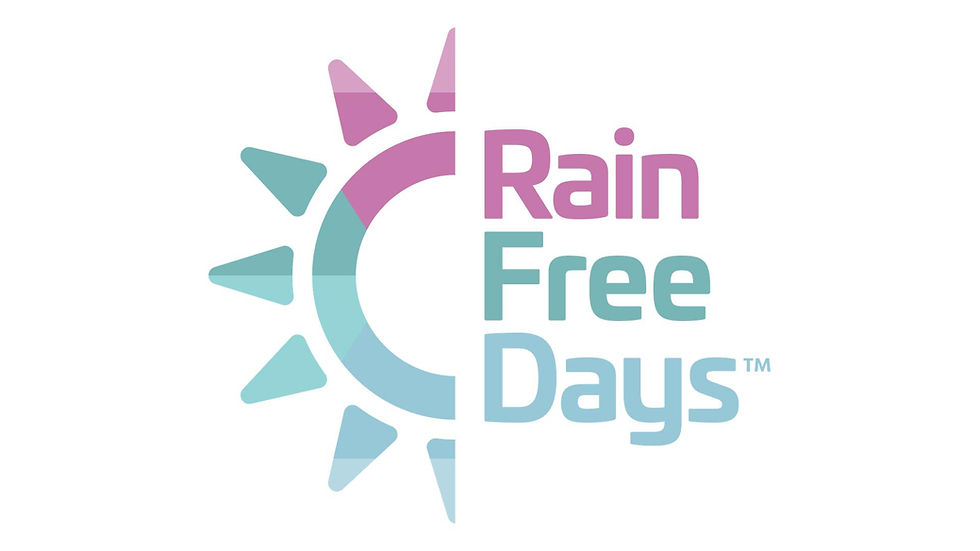Kevlar, Cornflakes and life-saving drugs
- matthewhunt123
- Feb 14, 2022
- 3 min read
11 accidental discoveries, by Lucy Silver.
In an interview about his accidental discovery of penicillin, Alexander Fleming remarked, "When I woke up just after dawn on September 28, 1928, I certainly didn't plan to revolutionise all medicine by discovering the world's first antibiotic. But I suppose that was exactly what I did."
During our recent agency revamp, each 11 Londoner was asked to choose a meaningful image to have framed on our walls. Much to the distress of our office manager, I chose a picture of a mould-harbouring petri dish. This wasn’t an act of general dissent (or because mouldy walls make me nostalgic for my uni days) but a reminder of Fleming’s discovery and the overlap between science and creativity – an intersection I like to think we occupy in our spheres of health and humanity.

In September 1928, Fleming returned to his lab after a long summer holiday, and began to tidy his messy desk. Fleming was about to throw away a stack of petri dishes until something gave him pause, as he noted a halo of sterility around the colony of bacteria he’d been investigating. Upon further experimentation, this bacteria-killing substance went on to become the world’s first antibiotic and save countless lives.
I like to think of Fleming’s moment of pause after the first round of creative concepting and before I throw anything off my metaphorical lab bench. As we’re finding with Social Media Labs (our social media ad testing programme), you can’t always predict which route is going to be the runaway success. Sometimes a beautiful concept struggles on social, but holds a far bigger idea that could be repurposed for PR or a larger scale fundraising event. You’ll only know if you try it out. With that in mind, have courage in your own perception, and don’t throw out the life-saving drugs along with your mouldy coffee cups – creatively speaking.
In celebration of Fleming’s humanity-changing discovery, here are 11 accidental discoveries and inventions that have moved the world – some by a little, some by a lot.
1. Penicillin
Fleming charmingly called the substance “mould juice” at first before renaming it ‘penicillin’ (a far less disruptive brand).
2. Kevlar
Used to make bulletproof vests, Kevlar was initially discovered by Stephanie Kwolek whilst searching for a material to replace steel in the automobile industry.
3. LSD
After trying to create a chemical compound that would stimulate circulation and respiration, Albert Hofmann had to leave work early after experiencing a ‘remarkable restlessness’ that led to him to see ‘extraordinary shapes with intense, kaleidoscopic play of colours’, having unwittingly ingested his invention, LSD.
4. Cornflakes
This household staple was the result of John Harvey Kellogg’s attempt to create a plain cereal, as he believed that flavoursome foods encouraged sexual activity.
5. Pacemaker
The pacemaker was created by Wilson Greatbatch whilst trying to invent a device that could record heartbeats. Having installed the wrong type of resistor into his prototype, he realised that the device was emitting electronic pulses similar to a normal heartbeat.
6. Super glue
Super glue was discovered during World War II when inventor Harry Coover was looking for a material to make gun sights from. The substance was then used as an emergency substance to stop soldiers bleeding so they could get them back to base hospital.
7. Velcro
George de Mestral dreamed up Velcro after picking burrs off his clothes following a dog walk, and wondering if their ‘hook’ mechanism could have a commercial application.
8. Play Doh
Initially designed as a wallpaper cleaner, Play Doh was later marketed as a children’s toy by its inventors, Joseph and Noah McVicker. The recipe remains a secret to this day.
9. The microwave
Self-taught engineer Percy Spencer went on to invent the microwave after discovering the waves from an active radar set he was working on had melted a chocolate bar in his pocket. The first food deliberately cooked in Spencer’s microwave was popcorn.
10. Viagra
Initially designed by Pfizer as a treatment for angina, sildenafil (now better known as its trade name, Viagra) turned out to have unintended side effects, reported by male volunteers in clinical trials.
11. Slinky
Designed by engineer Richard James to keep sensitive ship equipment steady at sea, the slinky was renamed and rebranded by Richard and his wife Betty as a novelty toy that went on to sell millions of units.
About 11 London
11 London is an advertising and communications agency, based in leafy West London. We work in the areas of health and humanity - with organisations, brands or products that improve or prolong life. To learn more about 11 London, please contact:




